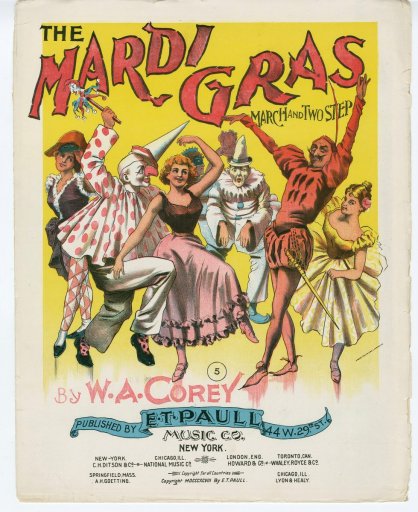
Many Episcopal churches are holding pancake suppers and celebrations to mark Shrove Tuesday, also known as Mardi Gras, the day before Lent begins on Ash Wednesday, Feb. 22.
Its name comes from the Germanic-Old English word “shrive,” meaning absolve, and it is the last day of the liturgical season historically known as Shrovetide. Because it comes directly before Lent, a season of fasting and penitence, this was the day that Christians would go to be “shriven” by their confessor.
Shrove Tuesday also became a day for pre-fasting indulgence. In particular, the need to use up rich ingredients such as butter, milk, sugar and eggs before Lent gave rise to the tradition of eating pancakes on this day.
There are even historical references to a “pancake bell” in English towns being rung around 11 a.m. on this day to signal that it was time to get frying.
Episcopal churches also hold pancake races as part of their Shrove Tuesday celebrations.
While in the United Kingdom and Commonwealth countries, pancakes are traditionally eaten, other countries across the globe celebrate with different dishes, notes this Episcopal Church web page.
In Spain, the day is named día de la tortilla, or “omelette day,” and the traditional food is an omelette made with sausage or pork fat. In Madeira, Portugal and Hawaii, malasadas —doughnut-like, sugar-coated confections — are eaten.
In Iceland, people traditionally gorge on salted meat and peas on the day illustratively called Sprengidagur (“Bursting Day”). Green pea soup and a whipped-cream-filled pastry are the orders of the day in Finland and Estonia.
Louisiana famously celebrates Mardi Gras (French for “Fat Tuesday”) on this day, a carnival that includes a giant parade through the city. Other countries, including Brazil, Belgium, the Cayman Islands, France, Russia and Ukraine, hold Mardi Gras celebrations with carnivals and festivals.
For a comprehensive look at the origins of Mardi Gras, click here.


